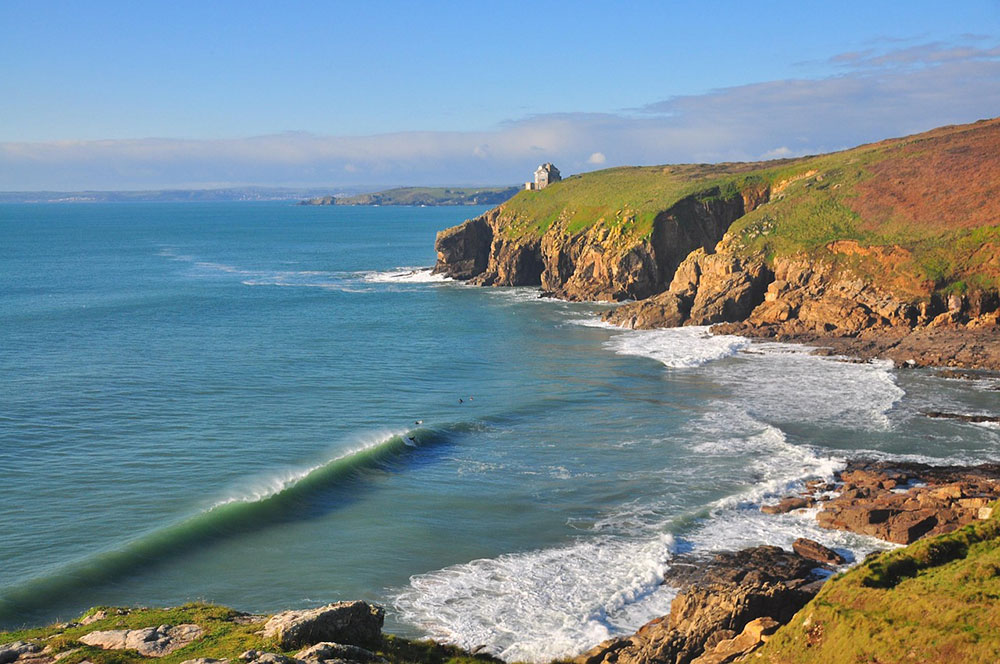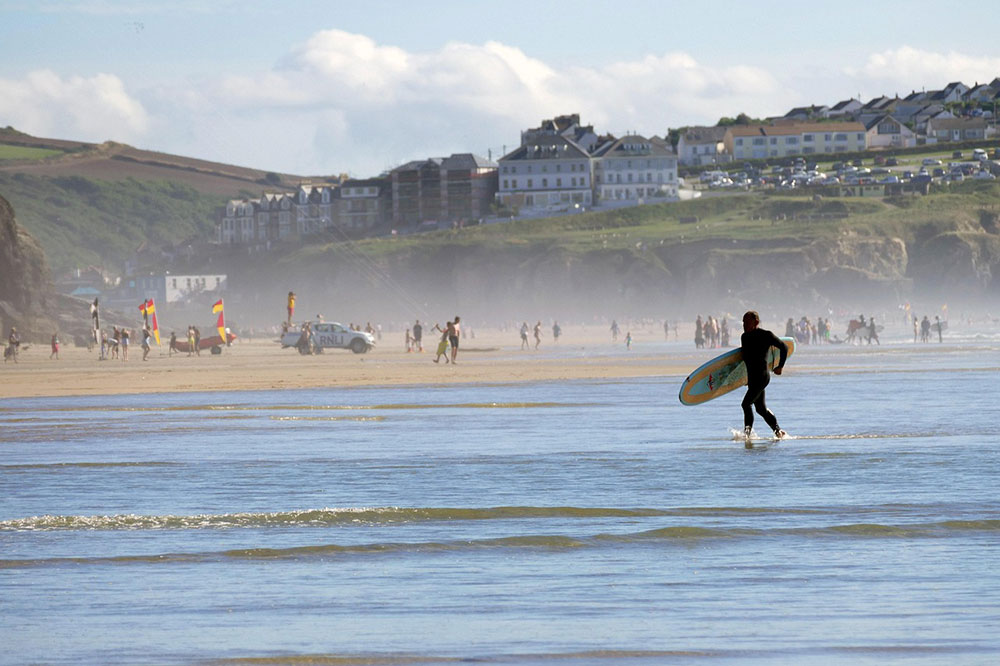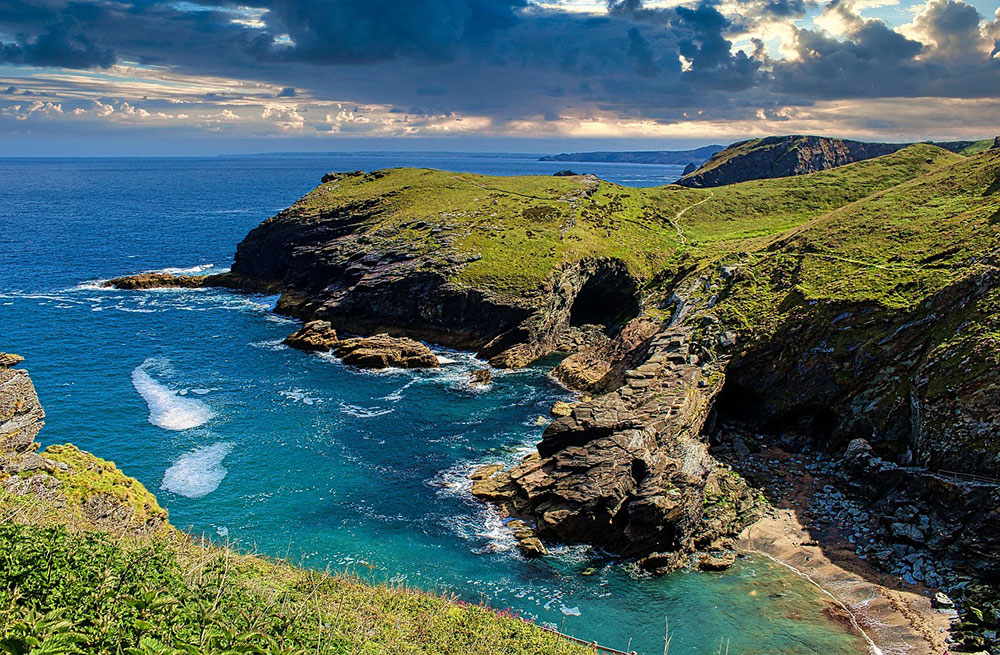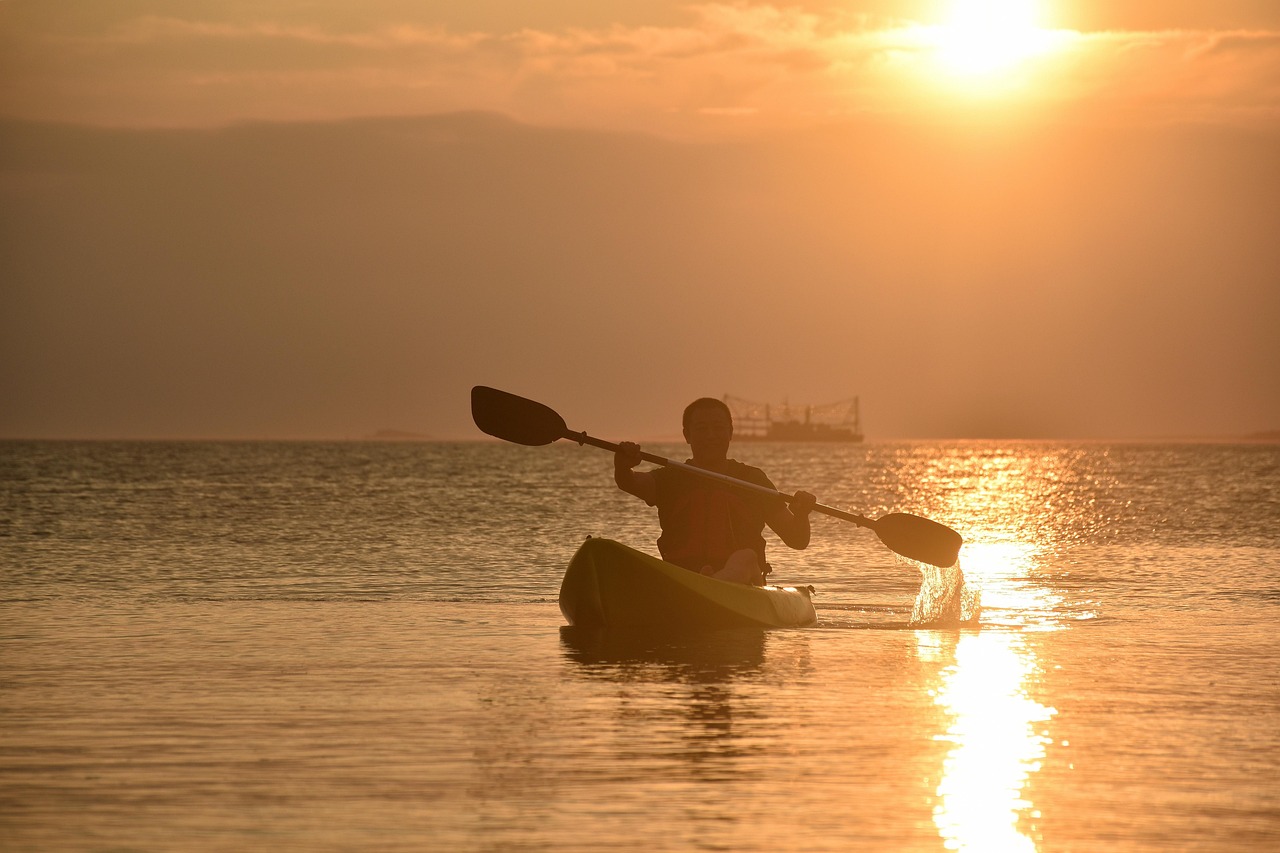The beauty of coastal multi-sport adventures lies in their interconnected nature. Master one discipline and you've already developed transferable skills for others. Ocean awareness, reading conditions, understanding tides, building water confidence—these foundational elements unite surfing, coasteering, kayaking, and paddleboarding into a complementary skill set.
Part 1: Surfing—The Gateway Skill
Surfing forms the ideal entry point to coastal adventures. It builds fundamental ocean awareness faster than any other water sport. Within your first session, you'll develop intuitive understanding of wave patterns, rip currents, and tidal movement—knowledge invaluable across all coastal disciplines.
The learning curve rewards commitment quickly. Most beginners catch waves within their first hour. This immediate feedback hooks you into ocean sports like few other activities. Physically, surfing develops the exact fitness foundation needed for progression—paddling builds shoulder endurance, pop-ups create explosive power, wave reading sharpens decision-making.
Finding Quality Instruction
The gap between self-teaching and professional instruction is vast. A qualified instructor condenses months of trial and error into hours of focused progression. Look for schools holding Adventure Activities Licensing Authority (AALA) accreditation and employing ISA (International Surfing Association) qualified coaches. Instructors should hold current beach lifeguard qualifications—non-negotiable given ocean risks.
For those establishing strong foundations before branching into other coastal sports, a surf school in Newquay, Cornwall like Cornish Wave offers comprehensive progression pathways. Their AALA-licensed operation employs ISA Level 2 coaches and maintains exclusive access to Towan Beach—one of only two surf schools with such licensing. This means uncrowded learning conditions in a sheltered bay providing ideal wave size while Fistral Beach attracts the experienced crowd.
Essential UK Surf Locations
Cornwall dominates for good reason. Consistent Atlantic swells, multiple beach aspects, and well-developed infrastructure make it unmatched. Towan Beach offers sheltered conditions when Fistral becomes too powerful. Porthtowan provides consistent breaks with fewer crowds. Polzeath delivers gentle rollers for confidence building.
Devon presents excellent alternatives. Croyde and Woolacombe offer expansive beaches with forgiving waves. Bantham's river mouth creates unique conditions. Wales shouldn't be overlooked—Llangennith combines stunning scenery with reliable surf. Scotland rewards hardier souls with world-class waves and dramatic backdrops.
Part 2: Coasteering—Taking It Vertical
Once comfortable reading waves, coasteering provides the logical next step. This uniquely British invention combines rock scrambling, cliff jumping, cave exploration, and rough water swimming into spectacular coastal traverses. You're applying ocean awareness in new contexts while adding climbing skills.
Coasteering amplifies adventure exponentially. Where surfing keeps you in designated areas, coasteering takes you into raw, unmodified coastline—scrambling around headlands, swimming through sea caves, cliff jumping into deep channels you'd never access otherwise.
What Makes Quality Coasteering
Look for operators registered with the National Coasteering Charter—Britain's governing body. This membership indicates adherence to strict safety protocols, appropriate insurance, and regular site-specific risk assessments. Guides should hold relevant climbing and water-based qualifications plus comprehensive rescue training.
Group sizes matter critically. Responsible operators cap groups at eight participants per guide. Quality guides read group confidence and capability, adjusting cliff jump heights, scramble difficulty, and swim distance accordingly.
The best coastal operators offer natural progression between disciplines. Multi-activity centres like Cornish Wave combine surf instruction with coasteering, allowing you to build ocean awareness through surfing before tackling more technical coastal traverses. This integrated approach accelerates skill development compared to booking separate specialists.
Pembrokeshire rightfully claims coasteering capital status. St Davids Head, St Govan's, and Stackpole offer spectacular limestone cliffs and crystal-clear water. Cornwall provides abundant opportunities—Newquay's cliffs surrounding Towan Beach offer accessible routes for first-timers. Anglesey delivers wild, remote coasteering in North Wales.
Part 3: Sea Kayaking—Exploring Further
Sea kayaking transforms your coastal range from individual beaches to entire stretches of shoreline. What took hours walking becomes an afternoon's paddle. Hidden coves, offshore islands, sea caves too deep to coasteer—everything comes within reach.
The sport offers unique natural observation advantages. Silent approach allows close encounters with seals, seabirds, occasionally dolphins. The low profile keeps you connected to the water environment. You're exploring at nature's pace.
Learning the Essentials
Basic kayaking skills seem simple, but the difference between novice and competent kayaker shows immediately in conditions. Efficient forward stroke technique, edge control in waves, and effective bracing prevent exhausting flailing.
British Canoeing qualifications provide recognised standards. For coastal exploration, aim for at least Paddle Proficiency Plus or Sea Kayak Award before venturing beyond sheltered waters. These courses teach essential safety skills—self-rescue, towing systems, weather interpretation.




